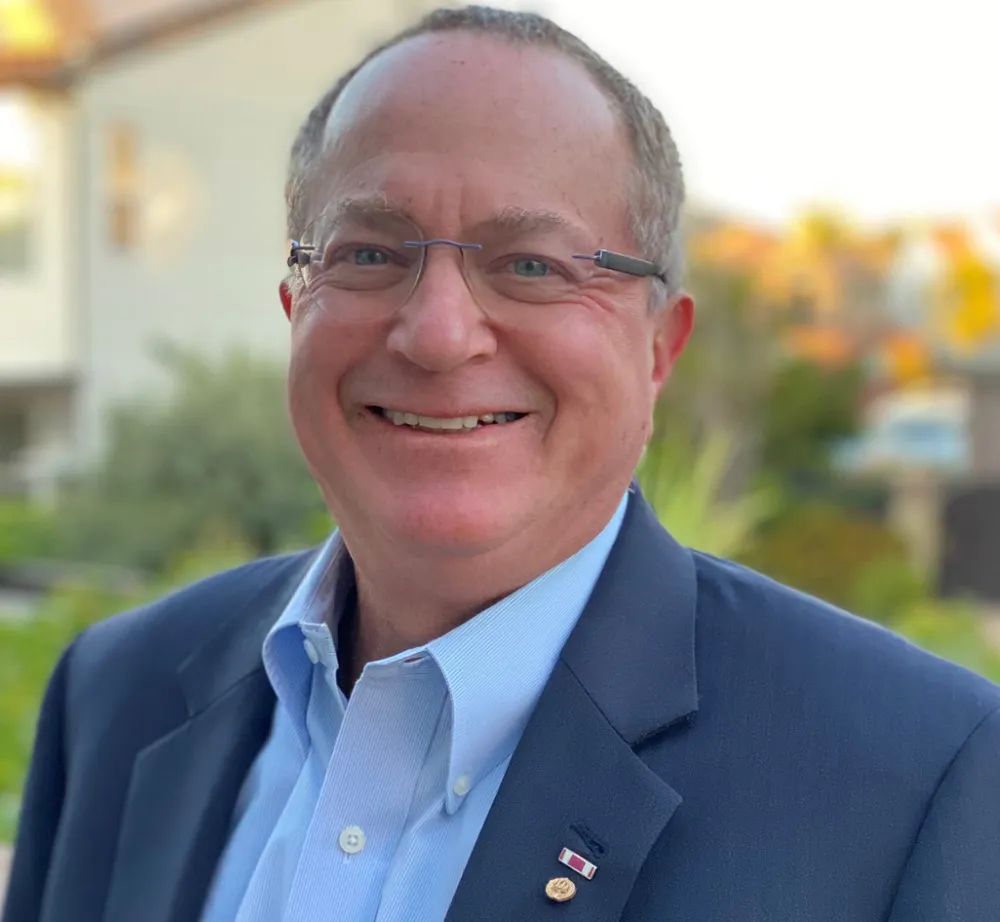The Green Parking Council (GPC), which represents companies committed to pursuing environmentally beneficial choices in the parking industry, has recognised TransCore’s participation in the GPC’s growth with a 2013 Leadership Award. Presenting the award at the International Parking Institute annual meeting, Paul Wessel, executive director of GPC, explains, “We applaud and recognise TransCore for their commitment to GPC as a founding partner as we strive to transform the face of the parking industry. Trans
May 21, 2013
Read time: 2 mins
The Green Parking Council (GPC), which represents companies committed to pursuing environmentally beneficial choices in the parking industry, has recognised 139 Transcore’s participation in the GPC’s growth with a 2013 Leadership Award.
Presenting the award at the International Parking Institute annual meeting, Paul Wessel, executive director of GPC, explains, “We applaud and recognise TransCore for their commitment to GPC as a founding partner as we strive to transform the face of the parking industry. TransCore’s leadership developing the Green Calculator and providing quantifiable metrics serves as a role model for deploying smart parking technology.”
The Green Calculator is an online tool to estimate carbon dioxide output at parking facilities by assessing traffic volume and average vehicle idle time. The calculator helps parking facility owners and managers quickly assess their facility’s emissions environment and make strategic decisions regarding access control technology that can improve air quality levels.
Wireless radio frequency identification (RFID) technology used for parking and access control, and for wireless payment of tolls throughout the country, allows vehicles to enter and exit parking garages virtually without stopping. By reducing idle times and significantly decreasing carbon emission output on a consistent basis can decrease idle times by an estimated 25-30 per cent.
“Throughout the world, college, corporate, and medical institutions as well as parking operators are increasingly aware of their responsibility to make technology choices for their facilities that reduce their carbon footprint and support responsible corporate citizenship,” said David Tilley, TransCore’s director of RFID parking solutions, North America.
Presenting the award at the International Parking Institute annual meeting, Paul Wessel, executive director of GPC, explains, “We applaud and recognise TransCore for their commitment to GPC as a founding partner as we strive to transform the face of the parking industry. TransCore’s leadership developing the Green Calculator and providing quantifiable metrics serves as a role model for deploying smart parking technology.”
The Green Calculator is an online tool to estimate carbon dioxide output at parking facilities by assessing traffic volume and average vehicle idle time. The calculator helps parking facility owners and managers quickly assess their facility’s emissions environment and make strategic decisions regarding access control technology that can improve air quality levels.
Wireless radio frequency identification (RFID) technology used for parking and access control, and for wireless payment of tolls throughout the country, allows vehicles to enter and exit parking garages virtually without stopping. By reducing idle times and significantly decreasing carbon emission output on a consistent basis can decrease idle times by an estimated 25-30 per cent.
“Throughout the world, college, corporate, and medical institutions as well as parking operators are increasingly aware of their responsibility to make technology choices for their facilities that reduce their carbon footprint and support responsible corporate citizenship,” said David Tilley, TransCore’s director of RFID parking solutions, North America.








